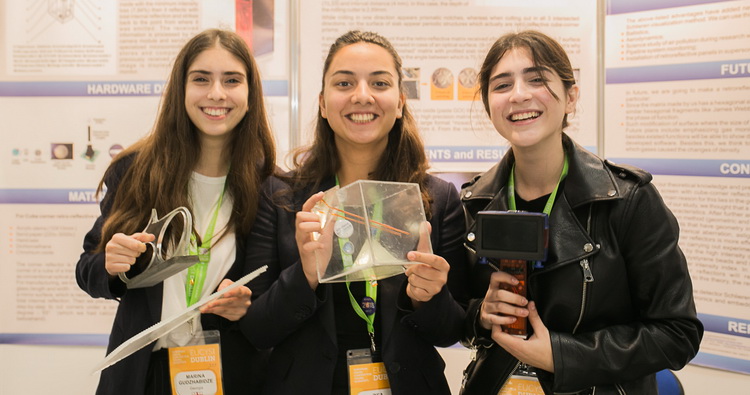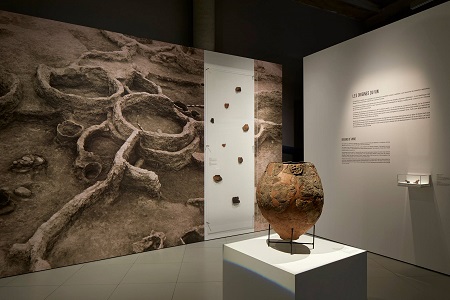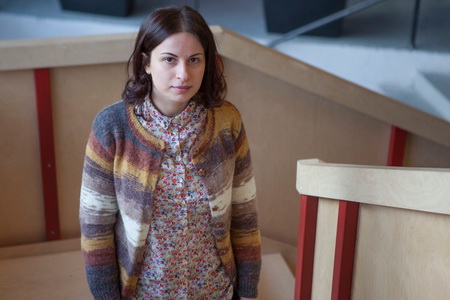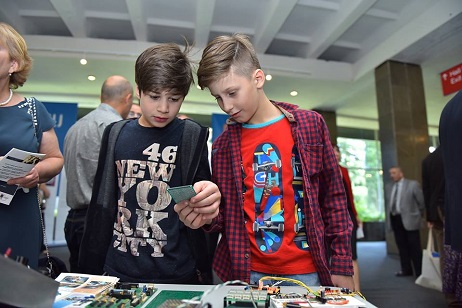Georgian students win EU Young Scientists Contest prize for invention

Young scientists Marina Gudzhabidze, Dea Ilarionova and Shorena Gudzhabidze photographed with their prize. Photo: EUCYS.
Three teenage girls from Georgia finished among prize-winners of the 30th European Union Contest for Young Scientists with their innovative project which made use of optical effects.
STEM students Marina Gudzhabidze, Dea Ilarionova and Shorena Gudzhabidze were among three contestants awarded the third prize of the competition in Dublin, as award-winners were revealed on Tuesday.
At the event the team presented their project of a hand-held detector helping visualise optical inhomogeneities, for practical application.


The Georgian contestants photographed alongside Tony Fagan, the Jury President, Mary Mitchell O’Connor, Ireland’s Minister for Higher Education and Wolfgang Burtscher, European Commission’s Deputy Director-General for Research and Innovation. Photo: EUCYS.
Known as the Schlieren effect, the inhomogeneities are often difficult to detect with the naked eye, while conventional technical means used to visualise them also complicated by difficulties.
The detector created by the three scientists features “retroreflective mosaic screens” to visualise the effect.
[The device] reveals local fluctuations in the air and [uses] mosaic screens formed with retro reflective elements, such as: cube corner retro reflectors or reflective glass spheres that excludes [the conventional] concave mirrors’ difficult setting up process”, said their summary for the invention.
[W]ith our innovation[,] the usage of Schlieren method [is] widened and can be used in: leak detection, study of boundary layer detachment [and more]”, their description noted.
Beside being awarded third prize, the Georgian team also received a 3,500 EUR money prize at the contest, which involved 135 participants aged between 14-20.
Coming from nearly 38 countries, the contestants brought 88 projects to the anniversary contest after they had been awarded in national competitions.
The STEM fields the projects were featured in included physics, chemistry, engineering and medicine.
Founded by the European Commission in 1989, the EU Contest for Young Scientists was set up to facilitate exchange between emerging science talent and enable them to be “guided by some of Europe's most prominent researchers”, the contest summary reads.
Female participants accounted for 41 percent of this year’s competition, with the same percentage of female contestants among winners.
 Tweet
Tweet  Share
Share




